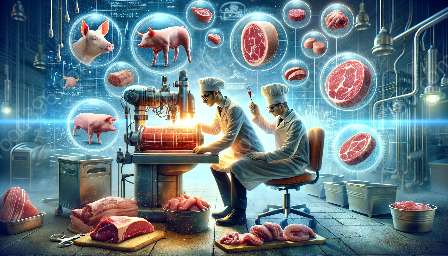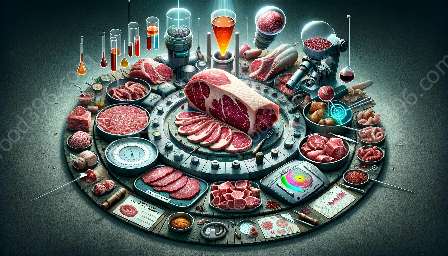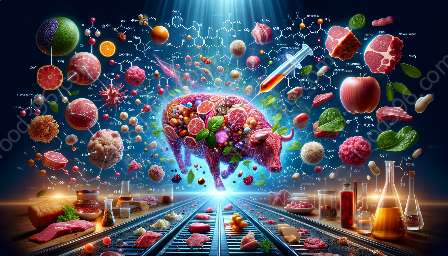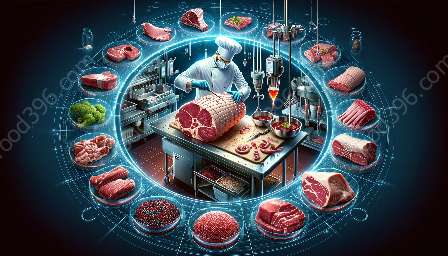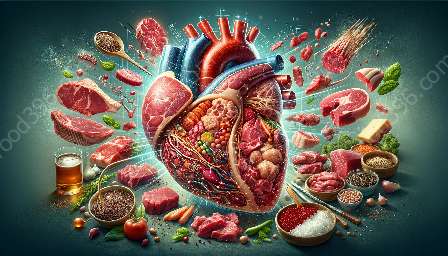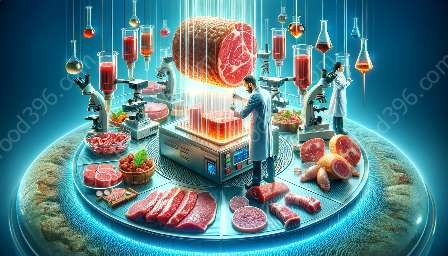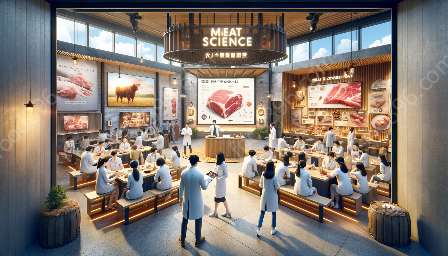Meat nutrition encompasses a range of nutrients and components that are essential for the human body, contributing significantly to overall health and well-being. This article delves into the science behind meat nutrition, its impact on food and drink, and its significance in maintaining a balanced diet.
Understanding Meat Nutrition
Meat is a valuable source of high-quality protein, essential amino acids, vitamins, and minerals. Proteins are building blocks for the body and are vital for muscle growth, repair, and overall body function. Additionally, meat provides essential nutrients such as iron, zinc, and B vitamins, including B12, which are crucial for energy metabolism and cognitive function.
The Role of Meat in a Balanced Diet
Incorporating meat into a balanced diet is important for meeting nutritional requirements. The protein in meat is considered a complete protein, containing all the essential amino acids that the body cannot produce on its own. This makes it an excellent dietary source for individuals looking to maintain or build muscle mass, especially for those engaged in physical activity or sports.
Furthermore, the iron found in meat is known as heme iron, which has higher bioavailability compared to non-heme iron found in plant-based sources. This makes meat a crucial dietary component for preventing and treating iron-deficiency anemia.
Meat Science: Understanding Composition and Quality
Meat science delves into the composition and properties of meat, providing valuable insights into its nutritional content and quality. The composition of meat includes water, protein, fat, and various substances such as vitamins, minerals, and pigments. Understanding the science behind meat composition is essential for ensuring the quality and safety of meat products.
Furthermore, meat science examines various factors that influence meat quality, including the type of animal, feeding practices, processing techniques, and storage conditions. This knowledge is paramount for the production of high-quality meat products that meet nutritional standards and consumer expectations.
Meat and its Impact on Food and Drink
Meat plays a significant role in the food and drink industry, serving as a versatile ingredient in a wide array of culinary applications. Its nutritional value and flavor profile make it a popular choice for chefs and food enthusiasts alike. The incorporation of high-quality, nutrient-rich meat enhances the taste, texture, and overall appeal of diverse food and drink offerings.
Moreover, the nutritional composition of meat contributes to the formulation of balanced and flavorful dishes, catering to the dietary needs and preferences of consumers. Whether grilled, roasted, or used in stews and soups, meat adds depth and richness to various culinary creations.
Conclusion
In essence, meat nutrition is an integral aspect of human dietary requirements, providing essential nutrients and contributing to overall health. The science of meat nutrition, coupled with the principles of meat science, ensures the production of high-quality, nutrient-rich meat products that play a vital role in the food and drink industry. Understanding the significance of meat in a balanced diet and its impact on food and drink allows for a deeper appreciation of its role in nourishing and enriching our lives.
